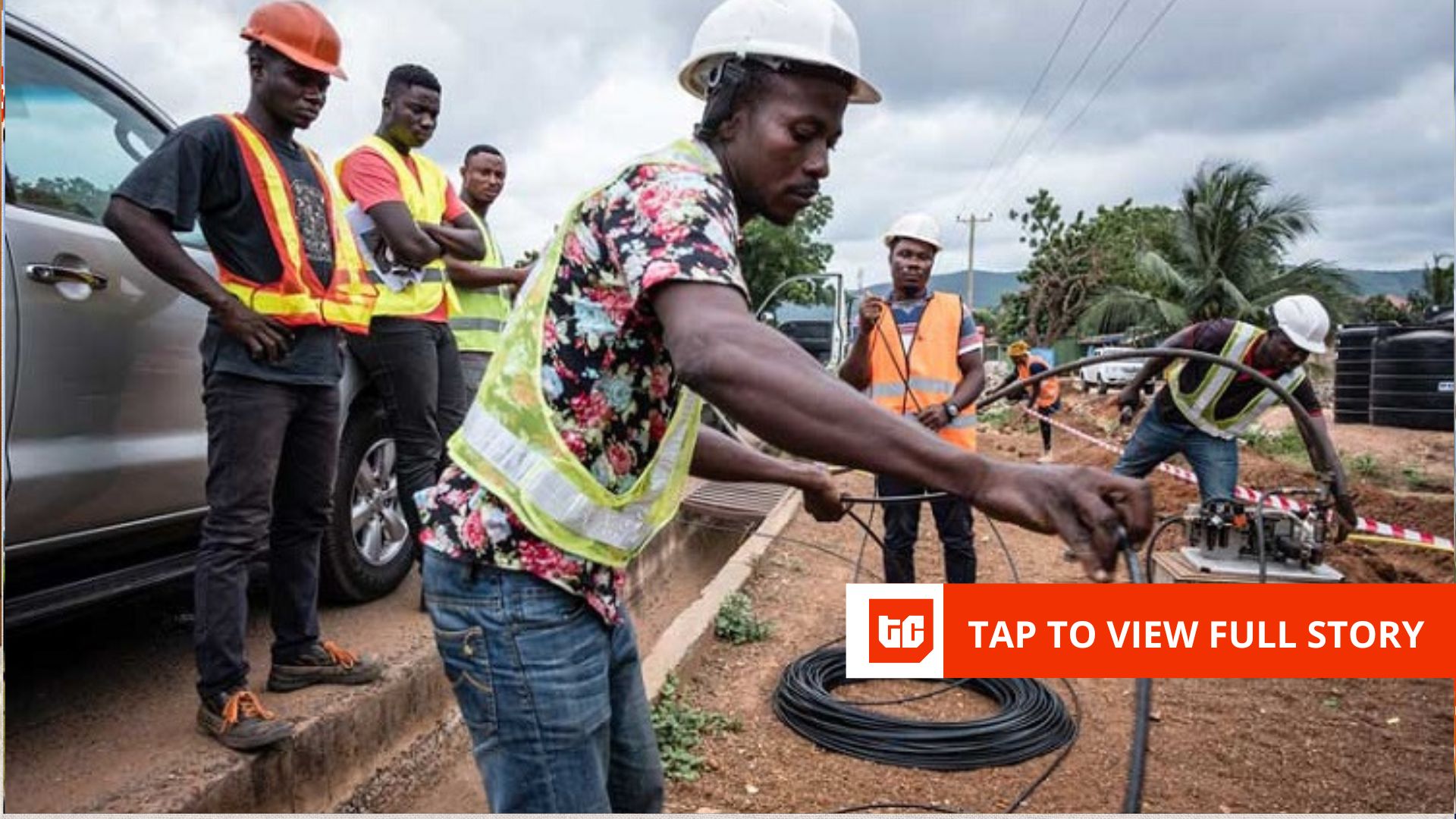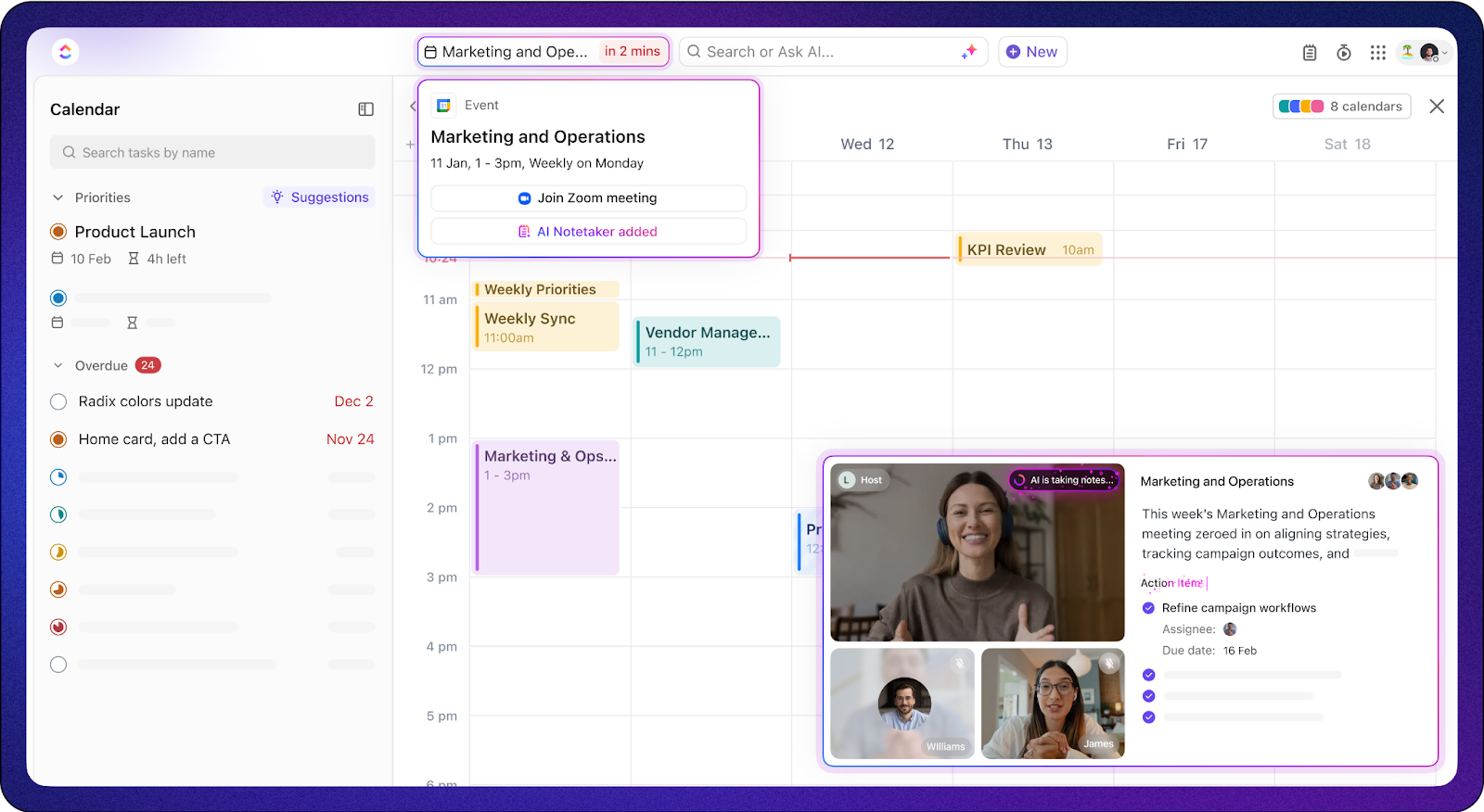Ogun State ranks fourth in Nigeria for fibre infrastructure investment, with 4,189.18 kilometres of cable laid. Yet, it charges the highest right-of-way fees—levied by state governments for laying fibre optic cables—in the country: ₦9,477 per linear metre, according to a list obtained exclusively by from telecom industry operators.
Osun State, which has one of the lowest levels of fibre deployment at just 64 kilometres, is second on the list, charging a right-of-way fee of ₦6,850 per linear metre.
Compiled by telecom industry operators in March 2024, the list is the first comprehensive snapshot of right-of-way charges across Nigerian states. It highlights the fragmented and often burdensome nature of right-of-way governance. It reveals how several states have leveraged it primarily for revenue generation rather than as a tool to promote digital infrastructure development.
Lagos, which leads Nigeria in fibre coverage with 7,864.6km, charges ₦6,264 per metre, making it the third most expensive state for right-of-way. Other high-fee states include Oyo (₦5,303), Cross River (₦4,737), Rivers (₦4,047), Edo (₦3,491), and Ondo (₦3,075).
Some states have more affordable rates: Sokoto and Jigawa charge ₦3,000; Benue and Bayelsa ₦2,500; Kano ₦2,258; and Abia, Taraba, and Akwa Ibom ₦2,000. At the lower end, Borno and Yobe each charge ₦1,000, while Gombe offers the lowest rate at ₦500 per metre.
In 2013, the National Economic Council (NEC)—including the Vice President, state governors, and other senior officials—recommended a fee of ₦145 per metre to streamline costs and promote nationwide fibre deployment. But with no legislation behind it, many states simply ignored the directive and imposed arbitrary fees.
Some progress was made after a January 2020 meeting between the then Minister of Communications and Digital Economy, Isa Ali Pantami, and the Nigerian Governors’ Forum. Since then, 16 states have revised their fees. Twelve states—Niger, Zamfara, Katsina, Anambra, Kebbi, Nasarawa, Bauchi, Adamawa, Kaduna, Ekiti, Imo, and Plateau—have eliminated the fees. Delta, Enugu, Ebonyi, and the Federal Capital Territory (FCT) now charge the NEC-recommended ₦145.
For some states, waiving right-of-way fees is a deliberate strategy to attract telecom investments beyond just urban centres. In Anambra, where over 1,000km of fibre has already been deployed, much of the investment is concentrated in commercial hubs like Onitsha and Nnewi. The goal, however, is to extend coverage statewide.
“If telcos judged every investment strictly by profit, only commercial zones would get infrastructure,” said Chukwuemeka Fred Akpata, Managing Director of the Anambra State ICT Agency. “By waiving right-of-way, we’re encouraging deployment in underserved areas.”
Similarly, Niger State passed a law adopting the ₦145 standard fee before issuing an executive order in September 2024 to waive the fee altogether.
“The ₦0 right-of-way fee is based on executive order, but the ₦145 is law,” said Suleiman Isah, Commissioner for Communications and Digital Economy, Niger State. “If the investment we attract in the next year or two outweighs what we made from fees, we’ll amend the law permanently.”
Telecom operators have often negotiated these fees and received reduced fees in a few states. In 2021, the Association for Licenced Telecommunication Operators of Nigeria (ALTON), whose members include the biggest telecom operators such as MTN Nigeria, Airtel, Globacom, and 9mobile, negotiated a reduced Right of Way fee with the Lagos State Government.
Under Governor Godwin Obaseki’s administration, Edo State eliminated Right-of-Way fees for a few telecom operators such as MTN Nigeria and Airtel Nigeria. This policy enabled these companies to extend internet connectivity to numerous government offices and public institutions.
Gbenga Adebayo, President of the Association of Licensed Telecommunications Operators of Nigeria (ALTON), has observed these developments closely. He argues that while removing right-of-way fees is a step forward, it is not a sustainable solution on its own.
“The era of state governments charging Right-of-Way fees should be over,” Adebayo told . “When states impose these fees, they lose out on the broader benefits of digital infrastructure. Instead of charging right-of-way fees, states should require telecom operators to deliver social impact projects.”
Adebayo added that some states, despite officially waiving right-of-way fees, impose hidden costs such as education taxes and highway levies, which discourage investment. In contrast, states like Kwara have successfully attracted impactful projects, including a multi-million dollar ICT hub, the Ilorin Innovation Hub.
These inconsistencies in right-of-way policies continue to influence where fibre infrastructure is deployed, deepening regional disparities in digital access. While some states leverage fee waivers to draw long-term investment, others risk missing out by imposing high entry costs. Without a unified and enforceable national right-of-way framework, Nigeria’s ambition for universal broadband coverage will remain uneven and fragmented.











